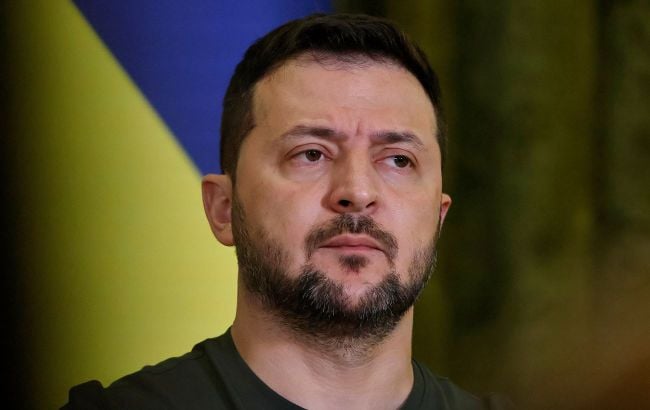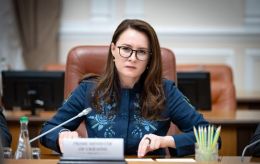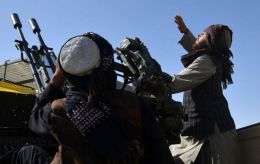Zelenskyy sends 'unexpected signals' on military funding at Coalition of the Willing meeting
 President of Ukraine Volodymyr Zelenskyy (Getty Images)
President of Ukraine Volodymyr Zelenskyy (Getty Images)
President of Ukraine Volodymyr Zelenskyy sent "unexpected signals" to partners regarding funding for the Armed Forces of Ukraine during the Coalition of the Willing meeting in Rome on July 10, he said while speaking to representatives of Ukrainian and foreign media.
Zelenskyy emphasized the need to discuss increasing funding for Ukrainian soldiers, acknowledging that these were likely "unexpected signals" but stressing he had been very candid during the Coalition of the Willing meeting.
He added that Ukraine must have a strong army.
The president stated that moving fully toward a professional contract-based army is undoubtedly the right path.
Meeting of the Coalition of the Willing
On Thursday, July 10, a meeting of the Coalition of the Willing took place in Rome. Participants discussed, among other issues, the possibility of deploying foreign troops to Ukraine.
For the first time, representatives of the United States took part in the coalition's session — including US Special Envoy for Ukraine Keith Kellogg and Senators Lindsey Graham and Richard Blumenthal.
The leaders reaffirmed their support for Ukraine's sovereignty and condemned the Russian invasion as a blatant violation of the UN Charter. They praised President Volodymyr Zelenskyy's commitment to peace and noted that four months had passed since Ukraine agreed to a ceasefire, during which Russia only intensified its attacks. More than 700 civilians were killed and over 3,500 injured in that period.
The coalition agreed on new sanctions targeting Russia's war economy — including energy and financial sectors, oil and gas exports, the shadow fleet, and shipments from third countries involved in the war effort.
Leaders confirmed that Ukraine will receive at least €40 billion in military aid in 2025. The priority will be air defense systems, drone interceptors, and strengthening Ukraine's future armed forces. This support will be coordinated through the Contact Group, NATO's NSATU (NATO Security Assistance to Ukraine) initiative, and other relevant coalitions.
They also pledged to continue financial and economic support for Ukraine. In 2026, a collective budgetary framework is planned for Ukraine. Additionally, there was a reaffirmation of support for demining the Black Sea and a willingness to explore mechanisms for Russia to compensate for damages, including through the use of profits from frozen Russian assets.

